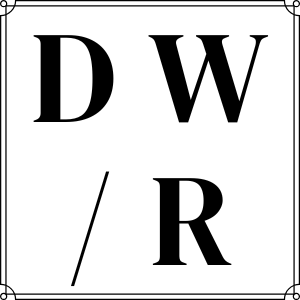"Bilingual Always": A Study of Second Language Writing's Influence on Writing Studies in the Canadian Association for the Study of Discourse and Writing/Redactologie
A neoliberal agenda has driven the evolution of internationalization in Canadian Higher Education since the early 2000s. This agenda positions translingual, visa students as human capital and influences educational policy particularly for writing…
Listed in Article | publication by group Discourse and Writing/Rédactologie
Version 1.0 - published on 10 Jul 2025 doi: 10.31468/dwr.951 - cite this
Licensed under Creative Commons BY-SA 4.0
Description
A neoliberal agenda has driven the evolution of internationalization in Canadian Higher Education since the early 2000s. This agenda positions translingual, visa students as human capital and influences educational policy particularly for writing classes and writing instruction. My research asks what pre-existing, cross-disciplinary partnerships between second language writing and writing studies exist to support translingual, visa students in the modern Canadian writing classroom. This article reports findings from archival research exploring the cross-disciplinary history of writing studies and second language writing as this history manifested in one of Canada’s two writing studies organizations: the Canadian Association for the Study of Discourse and Writing/Redactologie (CASDW), formally known as the Canadian Association of Teachers of Technical Writing (CATTW). This history reveals writing studies as a decentralized discipline that utilized resourcefulness and resilience to reach across disciplinary lines in order to establish itself as a full-fledged field in a Canadian context.
Cite this work
Researchers should cite this work as follows:
- Wright-Taylor, C., (2025), ""Bilingual Always": A Study of Second Language Writing's Influence on Writing Studies in the Canadian Association for the Study of Discourse and Writing/Redactologie", HSSCommons: (DOI: 10.31468/dwr.951)
Tags
Notes
Original publication: Wright-Taylor, Christin. ""Bilingual Always": A Study of Second Language Writing's Influence on Writing Studies in the Canadian Association for the Study of Discourse and Writing/Redactologie." Discourse and Writing/Rédactologie, vol. 33, 2023, pp. 99-126. DOI: 10.31468/dwr.951. This material has been re-published in an unmodified form on the Canadian HSS Commons with the permission of Discourse and Writing/Rédactologie. Copyright © the author(s). Work published in DW/R is licensed under the Creative Commons CC BY-SA license
Publication preview
Discourse and Writing/Rédactologie
This publication belongs to the Discourse and Writing/Rédactologie group.
When watching a publication, you will be notified when a new version is released.
